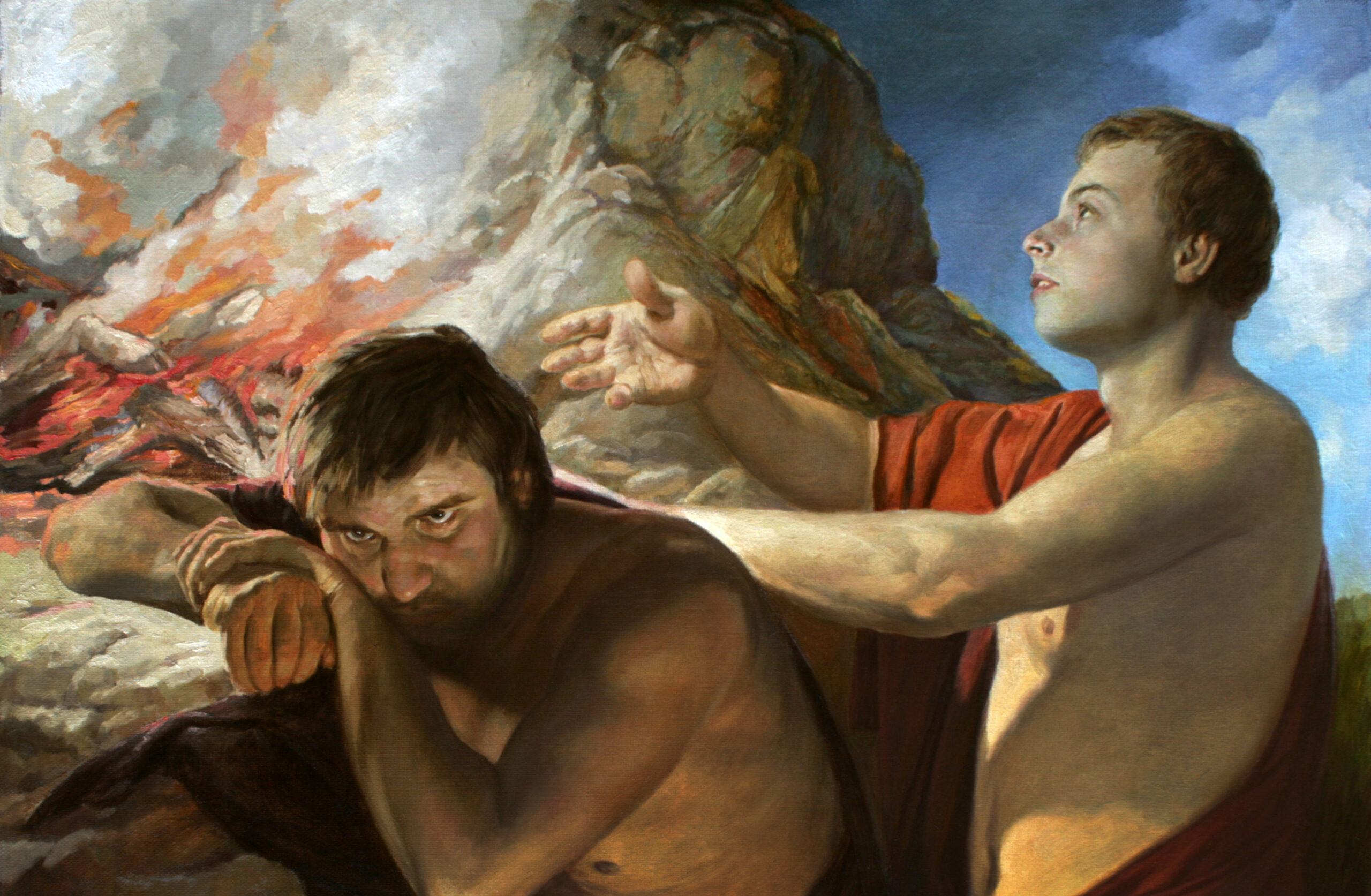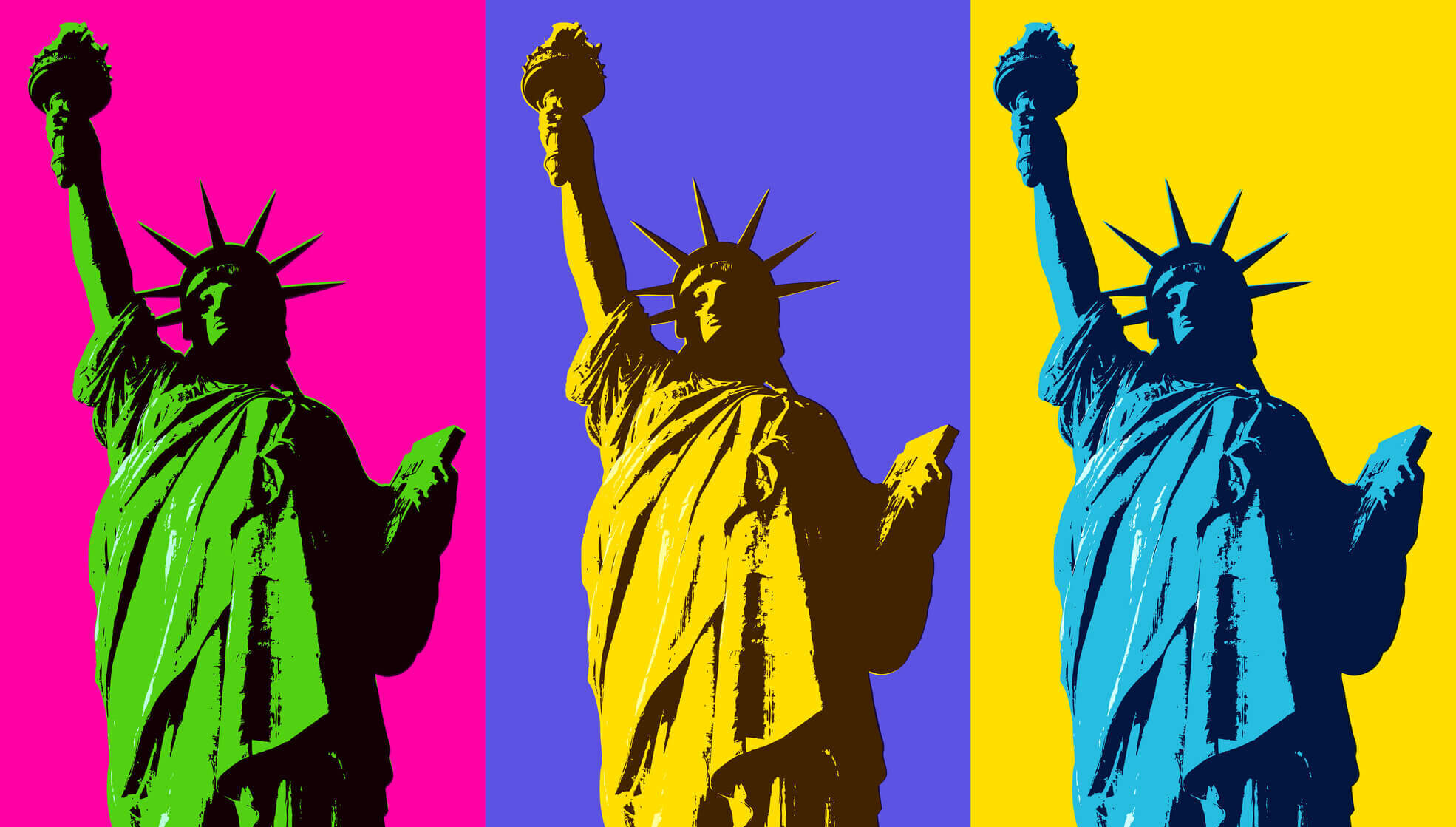The Death of Stalin
Directed by Armando Iannucci
(Quad Productions, 2018)
When a Scotsman of Italian ancestry makes a brutally satiric English-language film about the death of a Russian dictator, who precisely is being mocked? It’s not a hypothetical question. The film that prompts it, The Death of Stalin, is a strong candidate to be both the funniest comedy and the most terrifying horror film of the year. Based on a graphic novel of the same name by the French writer Fabien Nury, it chronicles the tense period of transition that followed the expiration of the Soviet autocrat, a man almost completely identified with the state and the nation he headed.
The film appears at first glance to be something of a departure for director Armando Iannucci, whose past political satires have taken aim at the pettiness and triviality of politics in contemporary Britain (The Thick of It) and America (Veep). But the seriousness of this comedy is clear from some of the earliest scenes of the film, which dramatize what happens when the dictator requests a recording, which was never made, of a just-completed concert. Terrified that he might discover the lapse, the broadcasters, musicians, and concertgoers are forced to repeat the concert in its entirety, complete with applauding audience, so that it can be recorded for Comrade Stalin’s entertainment.
Though it compresses time substantially and alters or invents events for dramatic effect, the most important and extreme occurrences in the film are drawn from fact. Almost unbelievably, that repeated concert is among them. Historians and political commentators have praised the film for its accuracy, but it is not a museum piece. While it is unlikely to have the broad appeal of Get Out—Jordan Peele’s celebrated satire of American race relations—The Death of Stalin aims for a comparable level of cultural and political salience.
But what is that salience? Who is Iannucci’s satire skewering, and for what purpose has he appropriated the torment of midcentury Muscovites?
Appropriated is, I think, the correct word. While Iannucci took great care to be attentive to both specific facts and the texture of Soviet life, his characters are immediately recognizable to anyone familiar with his earlier work, suggesting that the answer lies in his determination to transplant a very contemporary triviality into a monumental historic horror. The transplant is a success. Malenkov, as played by Jeffrey Tambor, is a vain but weak-kneed toady, fearful not so much of the dictator’s wrath as of being out of step with the group. Michael Palin’s Molotov is a true believer who has so internalized the dictatorship that he is irenically grateful for his own wife’s supposed execution as a traitor, then delighted to get her back alive—all the while unaware that he himself escaped death only by a hair’s breadth. And Khrushchev, as embodied by Steve Buscemi, is the plodding workhorse comic dutifully rehearsing and culling his one-liners, carefully scanning the competition for any signs of brilliance that might be incorporated into his own act.
The plot of the film turns on the distinction between Khrushchev’s consummate mediocrity and the one character possessed of true brilliance, NKVD chief Lavrentiy Beria, played with great panache by Simon Russell Beale. As soon as it is known that Stalin is incapacitated, it becomes apparent that Khrushchev and Beria are the only ones thinking at all clearly about the possibilities. Beria, with his trove of secrets, private torture chambers, and personal army of secret police, would seem to have held all the trumps when Stalin died, and in the film he behaves as if he believes this. Stalin isn’t even actually pronounced dead before Beria has issued his own lists of people to be arrested and executed.
Yet Beria’s power is also his weakness, as the film’s Khrushchev realizes. Beria is far too obviously threatening for anyone else to be comfortable with him in charge. That means he has more enemies than friends. Once those enemies start talking to each other, it doesn’t take much for Khrushchev to get them conspiring. The army, in particular, resents the threat the NKVD presents to their chain of command. That gives Khrushchev the muscle he needs to move. A bureaucratic cock-up of his own devising, which gets thousands of innocent mourners killed, provides him the opportunity. It is a testament to Iannucci’s talent that he plays all this terror out on screen while making it seem for the characters involved like little more than a contest of petty personal rivalries.
The juxtaposition of pettiness and stupidity with brutality and horror is the source of Iannucci’s humor. But the humor bites precisely because these squabbling personality types are familiar to us not only from Iannucci’s earlier work but also from the real politics of Britain and America. Iannucci makes the crucial decision to have his actors, whose native accents range from Brooklyn to Yorkshire, speak as themselves. Rather than distance us with phony Russian accents, or adhere to the traditional Hollywood scheme whereby the good guys speak American English while the bad guys speak British, Iannucci’s Anglo-American hodgepodge simply reads as the present, collapsing the distance between there and here, then and now.
The refusal of costume-drama conventions is one reason the film works for American audiences, but I don’t think Iannucci made these choices merely to make history go down easily. Any work of historical fiction is inevitably about the era in which and the community for which it is created. Whether Steven Spielberg’s Lincoln or Oliver Hirschbiegel’s Downfall, the work tells a story not only about the past but also about the present’s relationship to that past. Similarly, any film set overseas is about home. When a Westerner makes a film mocking a foreign dictatorship, it’s reasonable to assume that the ultimate purpose is to vindicate Western ideals of freedom and democracy. For example, in The Great Dictator, to which Iannucci has acknowledged a debt, Charlie Chaplin mocked Hitler to put steel in the American spine. If the Nazi regime was ridiculous, those who admired it or were awed by its fearsomeness would also seem foolish for being taken in by sham bravado. And those who wanted to fight would be encouraged.
Stalin, though, is long dead. We need no stiffened spine to confront him. And the most recent contemporary film that tried to play Chaplin’s game, Evan Goldberg and Seth Rogen’s The Interview, wound up proving the callowness of our own political dispensation: the distributor pulled the film in response to threats of retaliation from Pyongyang. While the Putin regime has not been amused by Iannucci’s satire either, it is hard to believe that the Kremlin truly suspects itself to be his target. The Death of Stalin is not Burnt by the Sun or Leviathan, Russian films that reckon directly with the brutal Stalinist past and the corrupt Putinist present.
Iannucci’s targets are far closer to home. His satiric chops were earned in the Blair and Bush years. He has said that he wanted to make a movie about what it’s like to live in a state of constant terror. What he’s given us is a movie about what it’s like to live in terror of the constant presence of the state, being subject, every minute, to the tyranny of the sorts of people who make the state the canvas for their ambition. In Iannucci’s view, those who played this role in the Soviet Union were not fundamentally different from the kinds of people who make that choice in a democracy. A particularly sharp barb on Iannucci’s part is to have Beria and Khrushchev, men who prospered by administering one of humanity’s most brutal tyrannies, both position themselves as reformers. They are blithely certain of their country’s gratitude as they reverse themselves, and each is concerned mainly that the other might undeservedly get the credit for the thaw. Iannucci is generalizing from a satire of government in our era, characterized as it is by petty disregard for the consequences for ordinary people, to government as such. While the stakes for the participants are obviously much higher in Iannucci’s USSR than in his Washington, the game is all too familiar.
The two films I was most insistently reminded of as I watched The Death of Stalin were One, Two, Three, Billy Wilder’s Cold War comedy about a Coca-Cola executive out to conquer the Russian market, and Brazil, Terry Gilliam’s fantasy of a totalitarian Britain. Both are prophetic satires of the then-present that retain their bite. Wilder’s lusty exposure of corruption and venality on both sides of the Iron Curtain carries a still-sharp double edge. The Communists are as corrupt and ridiculous as we are, so we should neither hold them in awe nor be afraid of them. We’re also as corrupt and ridiculous as they are, so we shouldn’t believe our own nonsense. Gilliam’s satire, inspired by the IRA bombings of the 1980s, is surely only more powerful today when we have already sacrificed substantial civil liberties on the altar of security.
Both films also retained a core of affection for something older and deeper than the corrupt, oppressive worlds in which their characters operate. Wilder’s soda executive can’t win the rigged games of corporate geopolitics, but there’s still a home to go back to in Atlanta. And not only is the texture of Gilliam’s nightmare Britain built lovingly out of obsolete technology from midcentury science fiction, but there’s even a fantasy liberator figure—with an American accent, no less—who may or may not be real, but who carries the torch for self-reliance and independence.
Iannucci lets no such air into his world. His loop is closed. Within it, the purpose of power is just power. For those without power, the objective is survival. The only exception Iannucci makes is for a Russian beauty, a musician and a religious believer, who is heedless of her own safety and stands on her own integrity. No one quite knows what to do with her, including Iannucci himself.
Noah Millman is a columnist for The Week.













